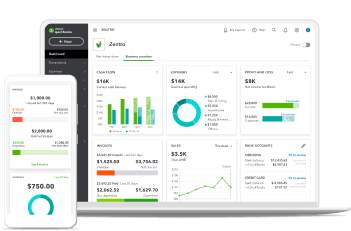Nothing’s certain but death and taxes, they say. However, for the self-employed, or entrepreneurs in Singapore, the thought of filing taxes on top of a mountain of other things can be daunting. But the consequences of ignoring them are not worth the trouble either. Not understanding or being aware of tax regulations can lead to penalties and missed deductions, meaning entrepreneurs end up paying more than they should.
If you’re a business owner, contrary to popular belief, dealing with your taxes doesn’t have to be difficult. Follow this easy guide to help you to navigate your taxes and even access valuable savings through tax returns:
1.What are your obligations?
As a taxpayer in Singapore, you need to fully understand your obligations.
Firstly, you need to know if you fall within the self-employed category. The Inland Revenue Authority of Singapore (IRAS) defines a self-employed person as someone who performs work for others under a contract for service.
The IRAS also states that self-employed entrepreneurs need to report income earned from business operations as business income, instead of salary. This is then counted as part of your total personal income, which is taxed at individual rates.
2.Choosing an accounting period
Each year, business owners need to declare business income for a set accounting period, which is typically 12 months. All financial activity that occurs within that period needs to be reported.
However, the start and end dates of accounting periods are not fixed and can vary dramatically among different companies. When you start a business, you need to decide on a period that suits your operations. In Singapore, most firms choose to end the financial year on 31 December and begin on 1 January.
3.Keep good records
From the first day you commence operations, it’s important to keep accurate records and accounts of all your business transactions. You are legally obligated to keep records of supporting documents, such as invoices and the cash register tape that records your sales.
It’s also good practice to set up robust systems to ensure these documents do not get lost. You can reduce the risk of that occurring by using accounting software such as QuickBooks Online that records digital invoices, which eliminates the possibility of corrupted or misplaced files.




